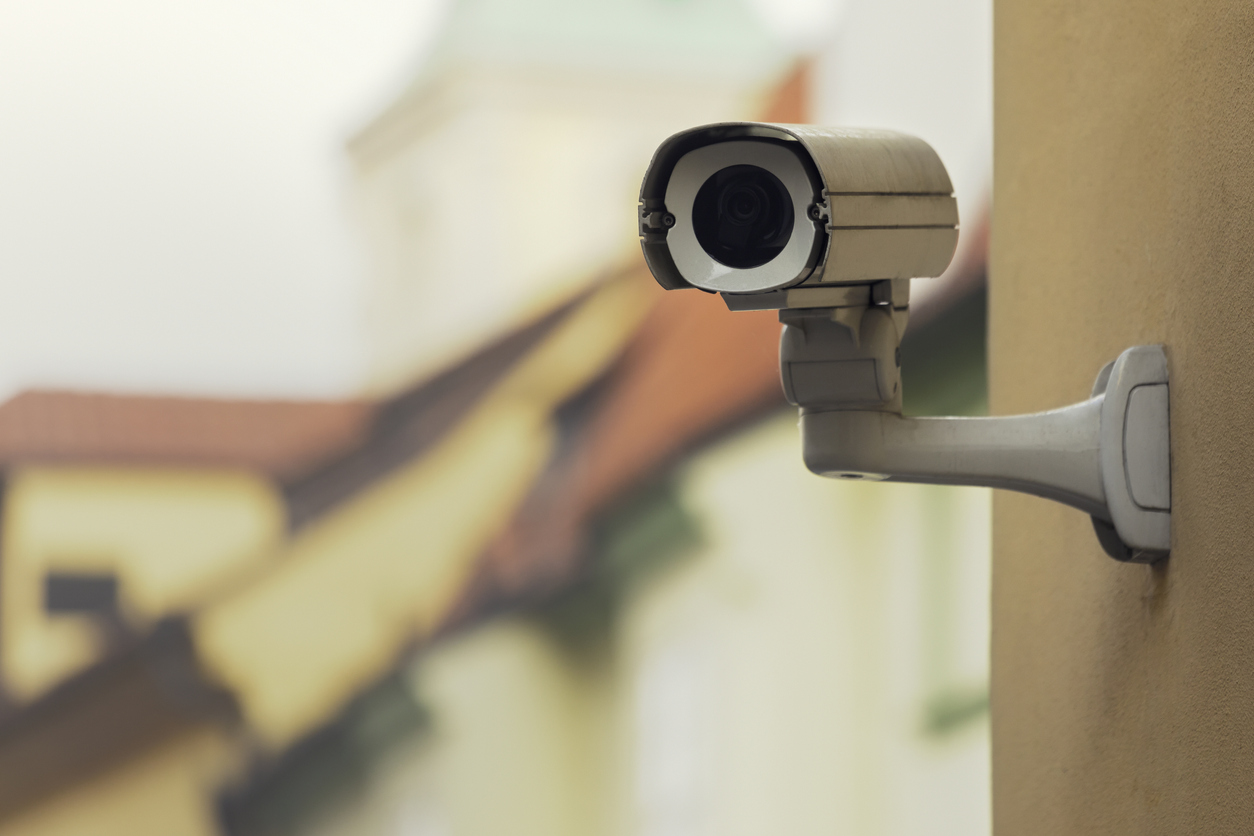
Security cameras can be a very useful tool for HOAs. They can help promote safety, deter criminal conduct, and identify who is responsible for problems on the premises. It is important for HOAs to keep in mind, however, that security cameras can also be a source of liability. Failing to keep a system operational or overstepping residents’ privacy interests could create legal problems. When HOAs follow preferred best practices for using security cameras, they protect individual residents as well as the Association as a whole.
Select Coverage Areas Strategically
It is often impractical to budget for having cameras everywhere that an HOA could possibly want them. They need to prioritize which areas present the greatest vulnerabilities. In choosing camera locations, HOAs should try to be consistent in their methodology. Omitting certain areas may create liability concerns.
Access points are usually among the most important areas to include. Getting coverage of entrances creates a record of who has been coming onto the premises. HOA insurance carriers like to see that systems offer comprehensive coverage of entrances. Strategic positioning may help to lower insurance premiums.
Display Adequate Signage
Some residents feel uncomfortable with an HOA’s use of cameras and perceive them as a privacy violation. Cameras that hone in on specific residents’ homes may be overly intrusive. For the most part, however, an HOA security camera policy may call for cameras in any location that the Association deems appropriate.
When people are in a public area, they generally do not have a legally recognizable interest in privacy from surveillance. Signs saying that security cameras are in use can be an extra safeguards against the perception of infringing on residents’ privacy. They may also be useful in deterring bad actors from committing crimes.
Store Data Effectively
Having access to footage of damage or crimes on a property can help HOAs pursue remedies. They can utilize HOA insurance to make claims or provide law enforcement with evidence of serious incidents.
It is surprisingly common for HOAs to use systems that do not save footage or do not save enough of it. In some cases, they do not have room in a system’s hard drive to store an adequate amount. It is a good practice to store at least 30 days’ footage. Getting a new drive or saving footage to a cloud-based storage system can resolve this issue. To reduce the amount of data needed, HOAs can use motion-activated cameras. This recording technique may also make it easier to go through footage to find specific events.
Ultimately, strategic location and the proper use of equipment of storage should be HOAs’ primary goals with system design and maintenance. HOAs looking to enhance their systems should first correct any nonworking elements and then start addressing gaps in coverage.
About Kevin Davis Insurance Services
For over 35 years, Kevin Davis Insurance Services has built an impressive reputation as a strong wholesale broker offering insurance products for the community association industry. Our president Kevin Davis and his team take pride in offering committed services to the community association market and providing them with unparalleled access to high-quality coverage, competitive premiums, superior markets, and detailed customer service. To learn more about the coverage we offer, contact us toll-free at (855)-790-7393 to speak with one of our representatives.


